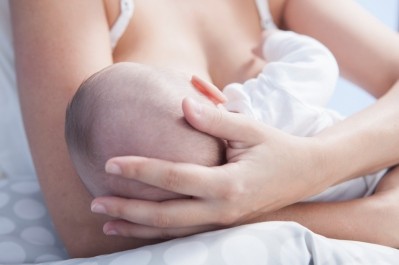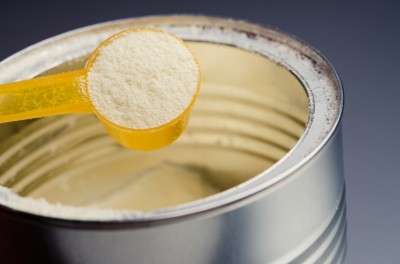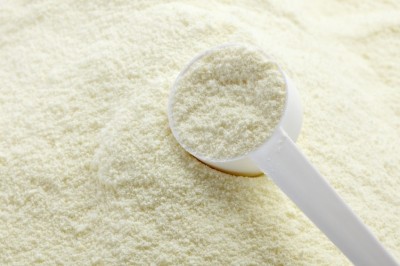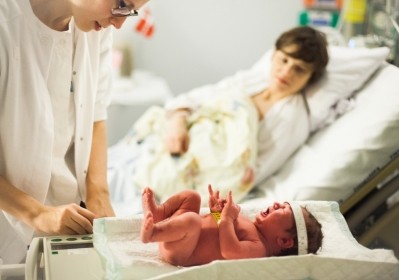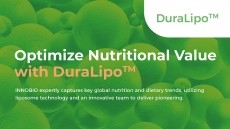Shopping vouchers could coax mums into ditching infant formula for breastfeeding
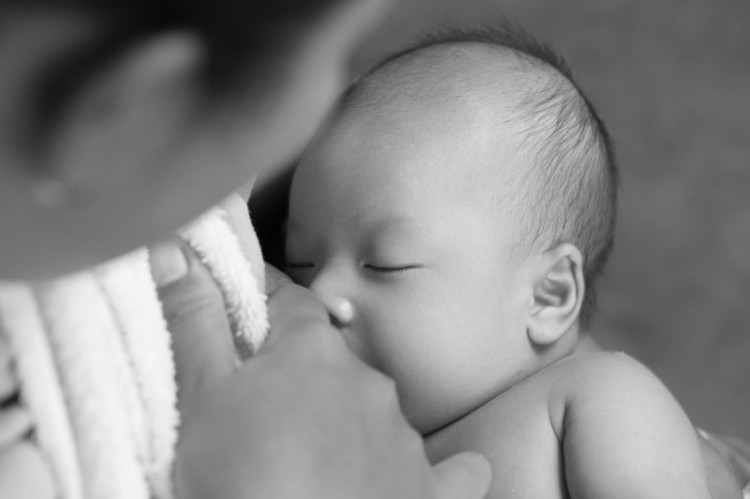
The study carried out by the Universities of Sheffield and Dundee found the lure of shopping vouchers worth up to €136 (£120) enough to breastfeed their babies at two days, 10 days and six weeks old.
Babies continued to receive breastmilk up to six months, when further incentives of more vouchers worth €90 (£80) became available.
“Eight out of 10 mothers in the UK who start to breastfeed stop before they really want to,” said Dr Clare Relton, study lead author from the University of Sheffield's School of Health and Related Research (ScHARR).
“It seems that the voucher scheme helped mothers to breastfeed for longer. Mothers reported they felt rewarded for breastfeeding."
"In the UK these barriers include the widespread misleading marketing that formula is equivalent to breastfeeding and a lack of education about breastfeeding for young children,” added Dr Mary Renfrew, study co-author and professor of mother and infant health at the University of Dundee.
Breast vs. formula
Infant formula makers have often been accused of comparing their products to that of breastfeeding despite medical opinion highlighting breastmilk as the “gold standard” for infant feeding.
Baby Milk Action, which works to strengthen controls on baby food marketing, has regularly led campaigns calling out examples of marketing malpractice by formula giants Nestlé and Danone.
Incentives that support breastfeeding are being implemented in Europe. Current legislation gives women in France paid breastfeeding breaks during the working day
However, this is offset by incentives that support feeding via infant formula. The UK national statutory scheme ‘Healthy Start’ provides vouchers of €7 (£6.20) per week in the first year that can be exchanged for infant formula for women in receipt of welfare payments.
At the moment EU law does not allow infant formula to be marketed for babies aged up to six months.
Follow-on formula is required to carry a label instructing its use for babies over six months of age as part of a varied diet.
The law does not satisfy World Health Organisation (WHO) opinion, which states all breast milk substitutes including follow-on formula falls under its International Code of Marketing of Breast-milk Substitutes, and thus should not be marketed.
Study methodology
More than 10,000 new mothers across South Yorkshire, Derbyshire and North Nottinghamshire took part in the study.
The mothers, randomly selected from electoral ward areas were allocated into groups that received either the incentive plus care or just care.
This care was delivered by mainly midwives and health visitors in a variety of maternity, neonatal, and infant feeding services.
Shopping vouchers were offered to mothers five times based on infant age (two days, 10 days, six-eight weeks, three months, six months), conditional on the infant receiving any breast milk.
After adjusting for baseline breastfeeding prevalence and local government area, a difference in mean six- to eight-week breastfeeding prevalence of 5.7 percentage points (37.9% vs 31.7%) in favour of the intervention vs usual care was observed.
“This study shows that vouchers might significantly improve rates in areas where they are below the national average,” said Dr Gavin Malloch, programme manager for public health partnerships at the Medical Research Council.
“It will also help inform discussions around this issue at a global level."
Breastfeeding levels in the UK are some of the lowest in the world. In some areas just 12% of six to eight week-old babies are breastfed.
WHO figures from 21 European countries show only 13% of mothers exclusively feed their babies until six months. In south east Asia the rate is 43%.
Trial criticisms
The study, which collected information on breastfeeding via an assessment by healthcare professionals during routine visits, was a point of criticism for the scientific community.
Andrew Whitelaw, emeritus professor of neonatal medicine at the University of Bristol advised caution at the study’s findings.
“This is a pioneering trial tackling the important problem of low breastfeeding rates in low-income areas in the UK.
“However, the trial design could not avoid the possibility that an economically deprived mother would be tempted to report she was breastfeeding (when she was not) in order to receive a £200 reward.
“This trial is worth publishing because it highlights the difficulties in researching this problem but is not a justification for a general policy of economically rewarding mothers who reporting breastfeeding in areas with low breastfeeding rates.”
Source: JAMA Pediatrics
Published online ahead of print: DOI: 10.1001/jamapediatrics.2017.4523
“Effect of Financial Incentives on Breastfeeding”
Authors: Clare Relton et al
